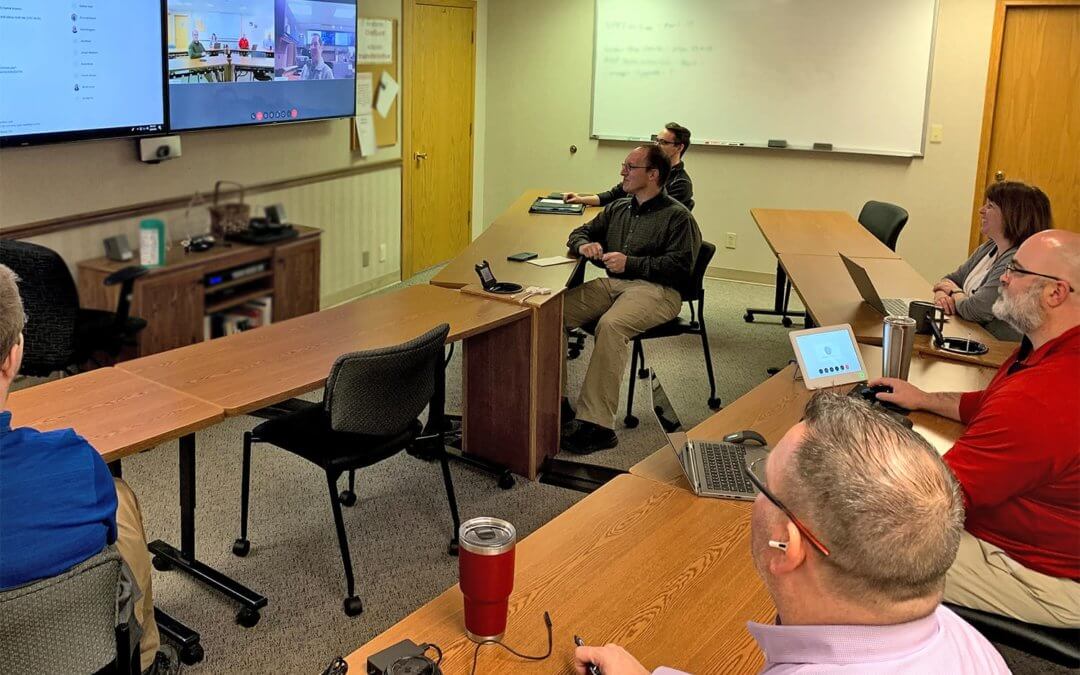With current social distancing recommendations and shelter in place, it is apparent that human beings are compelled to come together. Humans desire interactions from others and want to have inclusion in their social circles, regardless if gatherings are person to person or via a technology platform.
What is inclusion and why does it matter to companies now? Inclusion is a call to action within the workforce that means actively involving every employee’s ideas, knowledge, perspectives, approaches, and styles to maximize business success.
An inclusive workplace is an environment that recognizes and values the individual and group differences within its work force. It enables a company to embrace the diversity of backgrounds and perspectives of the employees, which in turn increases their talent, innovation, creativity and contributions.
Regardless of the economic or political climate, every company and employee can benefit from creating a more inclusive workplace. Inclusion is a competitive advantage for any business. An inclusive workplace is created by:
- Appropriately connecting with employees on a regular basis to discuss successes, challenges and growth opportunities.
- Encouraging your team to interact with different trades or departments within the company. Positive relationships within the department and others are critical to allow cultures to move the needle on increased teamwork.
- Creating employee resource groups that function as the hub of information and support.
- Investing in diversity training. Facilitating positive group interactions and teaching others how to effectively work together.
Inclusive organizations will cultivate cultures that produce higher productivity, retention, engagement, morale and innovation. For most industries, innovation is not an option; it’s a business essential. Businesses operating in a closed environment might be at risk of losing their best innovators, motivators and leaders. The business is also in danger of employees not taking risks or being proactive at solving problems. Teams need psychological safety to be at their best and feel safe. Without an inclusive environment and encouraged collaboration, a team will stay stagnant.
Beyond promoting an innovative workplace, inclusion is critical for those who are required to “think for a living”, innovate often, come up with new and better ways of doing things – a knowledge worker. Knowledge workers span across all segments of a company. All of Chief’s internal stakeholders are defined as knowledge workers and provide critical insight and innovation at every level of our operation. Seventy percent of all U.S. jobs created since 1998 – about 4.5 million jobs – require conceptual skills of knowledge workers. These knowledge workers are crucial to a company’s bottom line. Inclusion and employee engagement are directly linked because these knowledge workers require the synergy that results from the merging of ideas and information.
Inclusive workplaces have the ability to position companies to be agile, rebound from unexpected changes and challenges and implement improvements to every area of the business. We must all be persistent in building an inclusive team, as it takes diligence, planning and an effort to make it happen.
.

